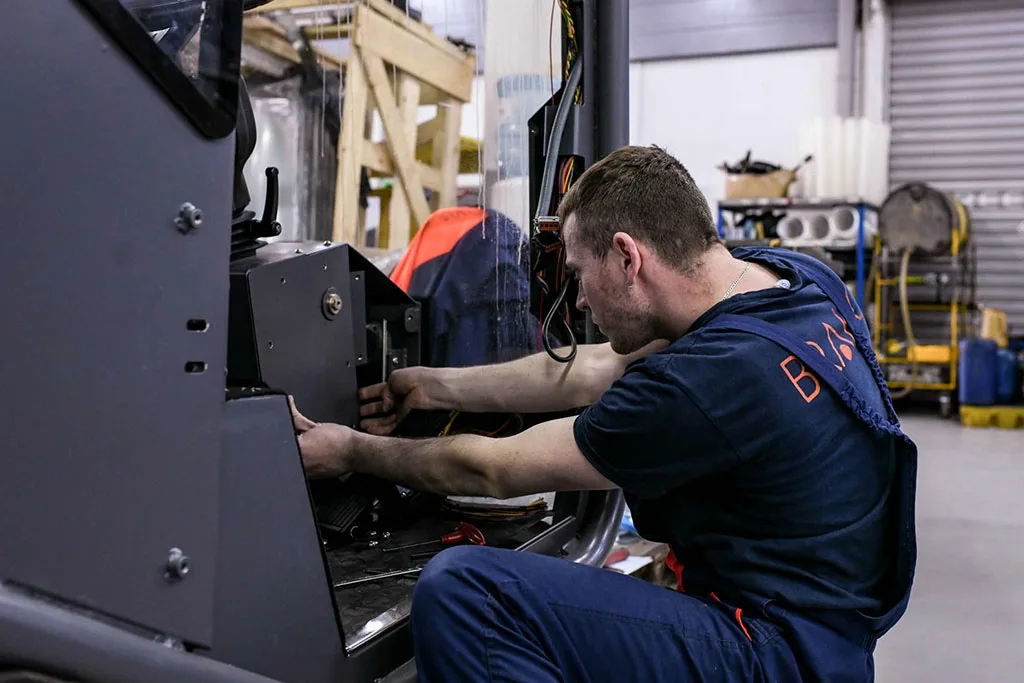ZAEV Business-Technology Accelerator 23-24

27 June - Micro-, Small and Medium-sized Enterprises Day
Celebrating Micro-, Small and Medium-sized Enterprises Day on 27 June, declared by the United Nations General Assembly, which will focus on promoting applicable innovations in micro, small and medium companies. The purpose of this support is to facilitate the path of companies that have the potential to realize innovative business ideas. The support through this public call will be intended for projects that have a sustainable concept and a clear ambition for commercialization.
18 February - World Corporate Social Responsibility Day
Celebrating the World Corporate Social Responsibility (CSR) Day on 18 February, with the increase in the number of companies that with their transparent and ethical behaviour will further contribute to the protection of the social environment, sustainable development and prosperity in the community in which they live and work. Activities will be aimed at stimulating corporate culture and an innovative approach to governance, which includes a volunteer approach and community service. They should encourage change in the business community, given that by investing in social responsibility companies invest in their competitiveness, mostly because these practices have become a prerequisite for work and export to foreign markets (especially in the European Union market). The above activities should result in increasing the number of companies that with their transparent and ethical behaviour will further contribute to the protection of the environment and society, for sustainable development and prosperity in the community in which they live and work.
These observations will be realized through the following activities:
Stimulating "Industry Collaboration Projects" to encourage collaboration between startups and established businesses in relevant industries. Startups can gain access to resources, expertise, and market opportunities, while established companies benefit from fresh perspectives and innovative solutions.
- Identifying key industries or sectors where startups can provide innovative solutions and connecting them with established businesses facing relevant challenges;
- Creating a collaborative and open environment where startups and established companies can share knowledge, resources, and expertise to drive innovation and growth;
- Exploring the concept of "Innovation Sandboxes" where startups and established companies can experiment and co-create innovative solutions in a controlled environment;
- Developing structured technology transfer and commercialization programs to help startups and established companies navigate the scale-up process and introduce new products or services.
Organizing "Startup Bootcamps" that provide aspiring entrepreneurs with the skills and knowledge needed to start and grow their businesses.
- Inviting entrepreneurs, industry experts, and successful startup founders to lead interactive sessions and share their knowledge and experiences;
- Connecting startups with experienced mentors and advisors who can provide guidance on business strategy, product development, market validation, and fundraising;
- Providing financial support, such as grants or seed funding, to selected startups to help them overcome initial financial barriers and focus on growth;
- Establishing a peer-to-peer mentorship program where startups in the accelerator can support and learn from each other, fostering a collaborative ecosystem.
Hosting "Pitch Competitions" where startups can present their innovative ideas and business models in front of a panel of investors and industry experts.
- Promoting the competition through various channels to attract a diverse pool of startups from different industries and stages of development;
- Forming a panel of judges composed of investors, industry experts, and successful entrepreneurs who can provide valuable feedback and guidance to participating startups;
- Offering rewards such as mentoring opportunities or access to incubation programs or accelerators to encourage participation and support winners;
- Providing on-site coaching or training sessions to help startups refine their pitches and effectively communicate their value proposition and business model;
- Offering mentorship or coaching programs to participating startups prior to the start of the competition to help them refine their business models, marketing strategies, and presentation skills;
- Incorporating a social impact or sustainability track within the pitch competition to highlight startups focused on addressing pressing global challenges.


